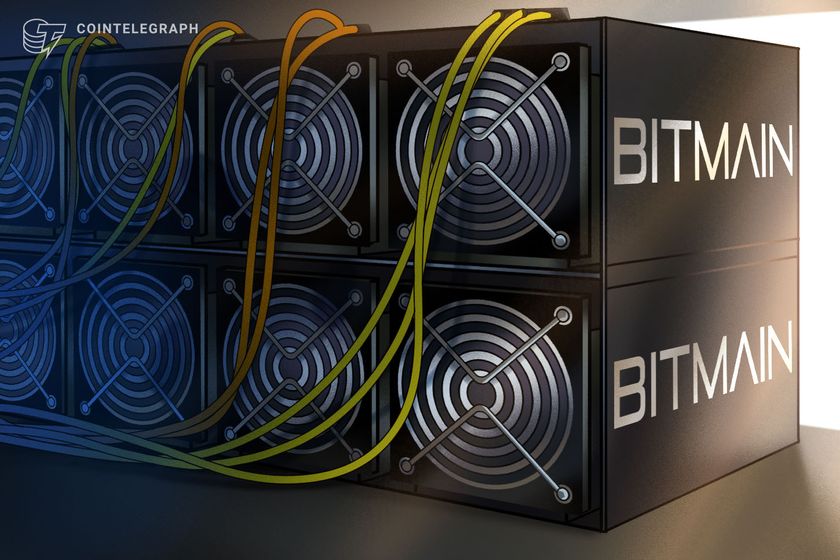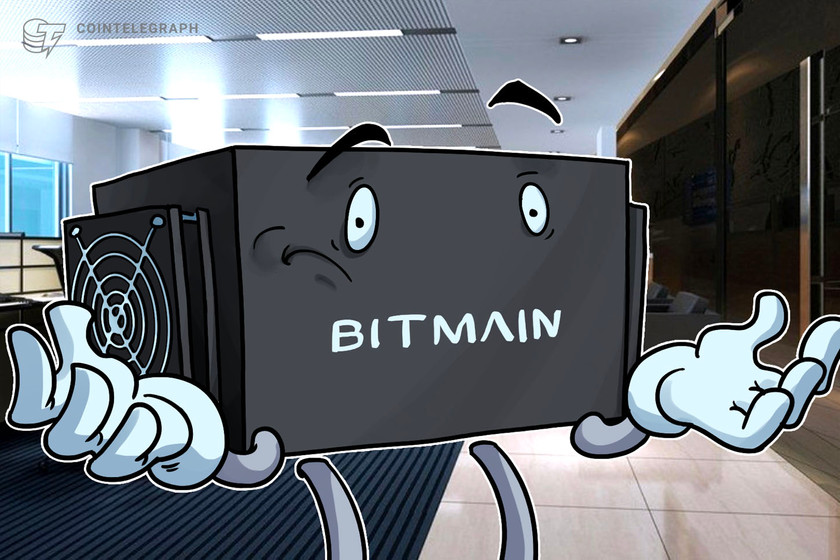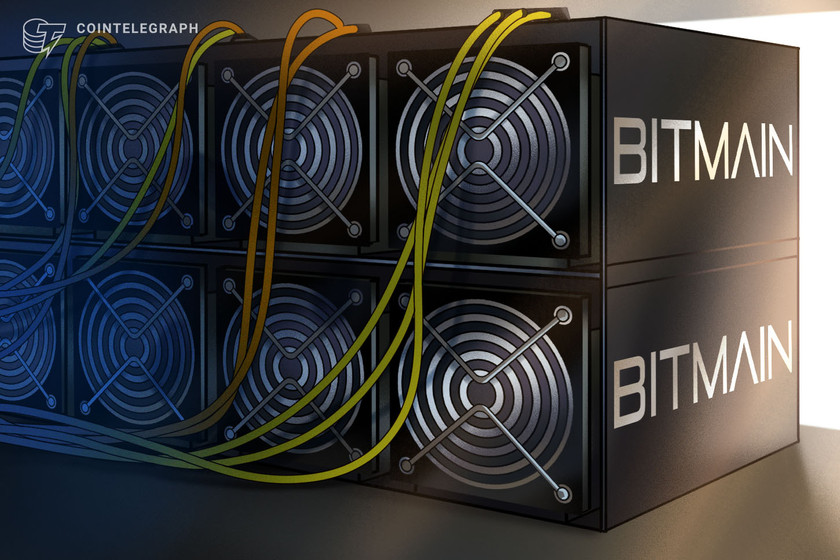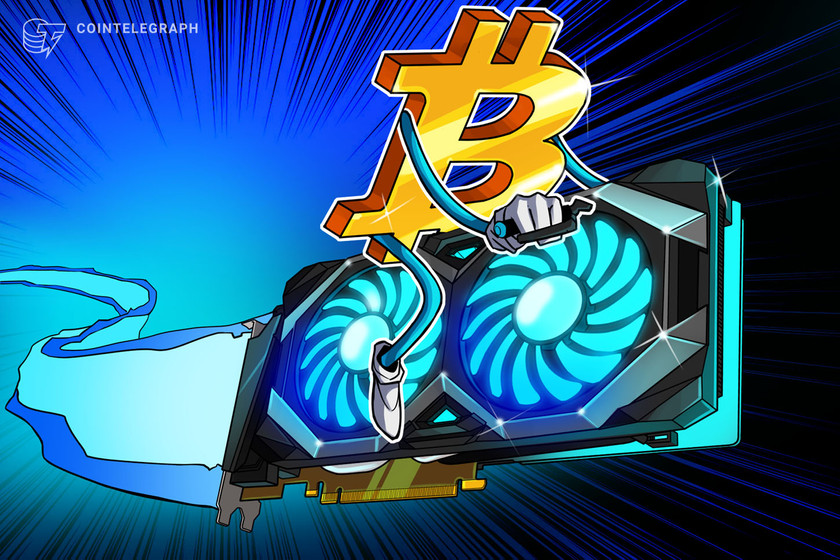Bitcoin miner Cipher buys 37K Bitmain Antminers for $99.5M


The new crypto mining equipment to be bought by Cipher is expected to deliver 7.1 EH/s of self-mining capacity by the first half of 2025.
Publicly traded Bitcoin (BTC) mining firm Cipher Mining is scaling operations with a new mega purchase of cryptocurrency mining devices.
Cipher will buy 37,396 units of Antminer T21 miners from the Chinese crypto mining giant Bitmain under a new agreement, the firm announced on Dec. 18. The new mining equipment to be bought is expected to deliver 7.1 exahashes per second (EH/s) of self-mining capacity by the first half of 2025, the announcement notes.
According to Cipher CEO Tyler Page, the purchase will allow Cipher to build its first 135 megawatts (MW) at its newly acquired Black Pearl site. Cipher has also secured the option to acquire an additional 45,706 miners, representing 8.7 EH/s, in 2024.
























